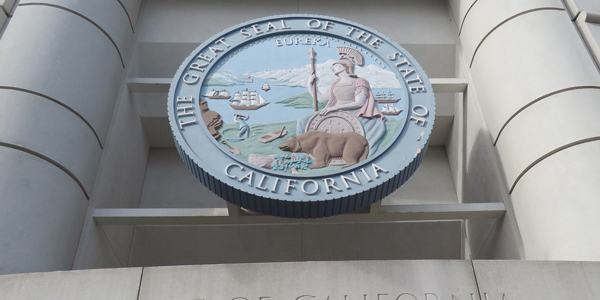The California Public Utilities Commission on Thursday opened a new proceeding to determine if investor-owned utilities should more rigorously assess risks from climate change and wildfires and evaluate the measures they employ to mitigate them.
The commission’s Order Instituting Rulemaking (OIR) seeks to build on its prior risk-based programs, including its Safety Model Assessment Proceeding and Risk Assessment Mitigation Phase, while potentially requiring more stringent standards and greater scrutiny. (See CPUC Adds RAMP Costs to Rate Case for 1st Time.)
“The new framework requires utilities to evaluate risk in a much more transparent way, uniform way and quantitatively rigorous way,” said Commissioner Clifford Rechtschaffen, who is leading the effort, expected to extend over several years. The commission wants objective data rather than “subjective subject-matter expertise” to guide decision-making, he said.
Rechtschaffen said the OIR seeks to answer three questions: How can the CPUC and the IOUs leverage lessons learned from the implementation of risk-reduction measures? Should the commission adopt new safety metrics or change its existing standards? And should the CPUC adopt a risk-tolerance standard that says, “This level of risk is acceptable. This level is not. We’ve never explicitly done that,” he said.
Commissioner Martha Guzman Aceves said the state’s three large IOUs — Pacific Gas and Electric, Southern California Edison and San Diego Gas & Electric — had become more thorough in assessing safety risks and adopting measures to prevent electrically sparked wildfires in recent years. But they still have a long way to go, she said.
“The weighting of the importance of ‘why a dollar here versus a dollar there’ is still something that needs great improvement,” she said. Having more transparency to track utility safety investments would be a big step forward, she said.
The new proceeding could help bring the commission closer to its original role of protecting the public against powerful railroads and utilities, she added.
“This is something where I know we are really growing and maybe even returning to our century-old way of looking at our role,” she said.




